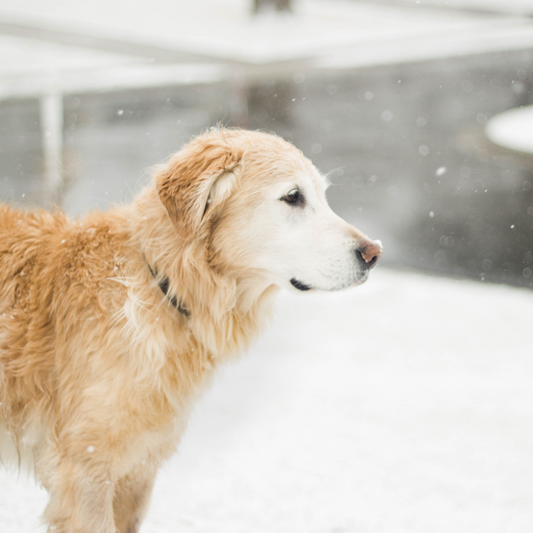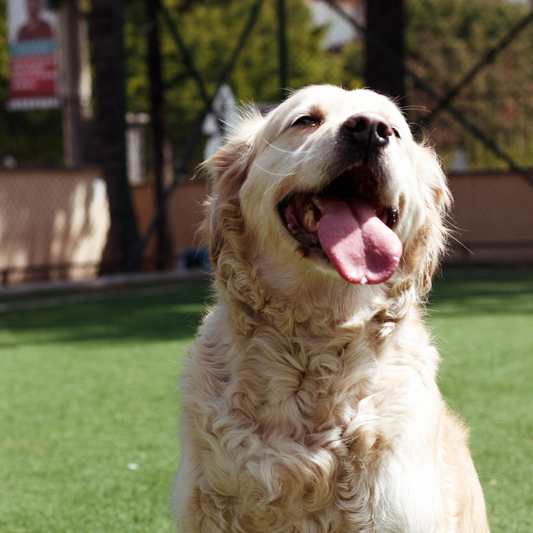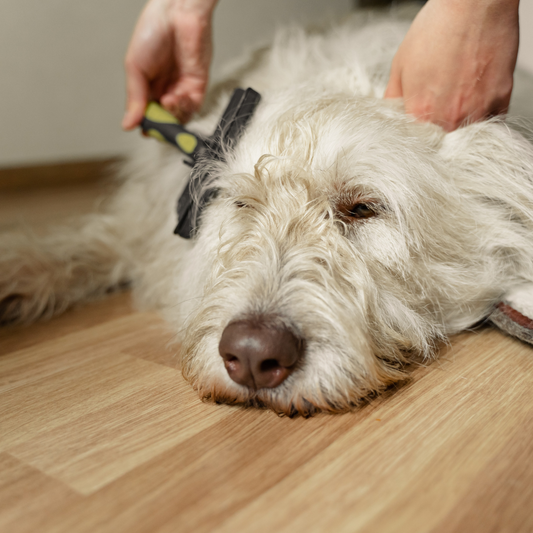Why is it important to have a pet emergency kit?
As a responsible pet owner, it is crucial to be prepared for any unforeseen emergencies that may arise. Just like humans, pets can also experience accidents or sudden illnesses. Having a comprehensive pet emergency kit can make a significant difference in providing immediate care and potentially saving your pet's life.
What should be included in a pet emergency kit?
1. First Aid Supplies:
- Sterile gauze pads
- Adhesive tape
- Antiseptic wipes
- Tweezers
- Scissors
- Disposable gloves
- Digital thermometer
- Pet-safe disinfectant
2. Medications:
- Any prescribed medications for your pet
- Flea and tick prevention
- Heartworm prevention
3. Contact Information:
- Your veterinarian's contact information
- Emergency veterinary clinic contact information
- Poison control hotline number
4. Important Documents:
- Copies of your pet's medical records
- Proof of vaccinations
- Identification documents
5. Comfort Items:
- Blanket or towel
- Extra leash and collar
- Pet carrier or crate
- Food and water bowls
- Extra food and water
How to assemble your pet emergency kit?
1. Find a suitable container or bag to store all the items. It should be easily accessible and portable.
2. Organise the supplies into different compartments or ziplock bags for easy retrieval.
3. Label each item and include an inventory list.
4. Store the kit in a designated area, preferably near your pet's essentials or in an easily accessible location.
When should you use the pet emergency kit?
1. In case of injuries or accidents, such as cuts, burns, or fractures.
2. If your pet shows signs of illness or distress.
3. During natural disasters or emergencies that require evacuation.
4. When traveling with your pet to ensure their safety and well-being.
Conclusion
Building a comprehensive pet emergency kit is an essential step in ensuring the well-being of your furry friend. By being prepared and having the necessary supplies readily available, you can provide immediate care and potentially save your pet's life in emergency situations. Remember, it is always better to be safe than sorry when it comes to your pet's health and safety.




